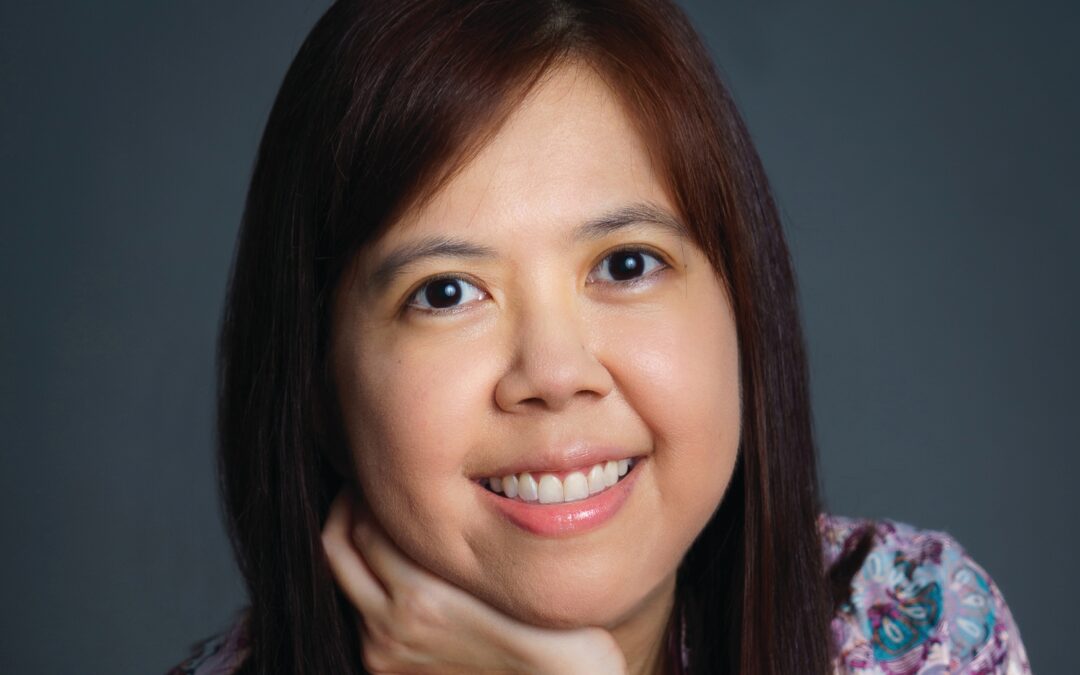
by Michele Kirichanskaya | May 8, 2025 | Blog
Sher Lee writes young adult novels with Asian characters. She lives in Singapore and has an abiding love for local street food (including an incredible weakness for xiao long bao). She has two adorable corgis, Clover and Spade. Find her on Instagram @sherleeauthor. I...
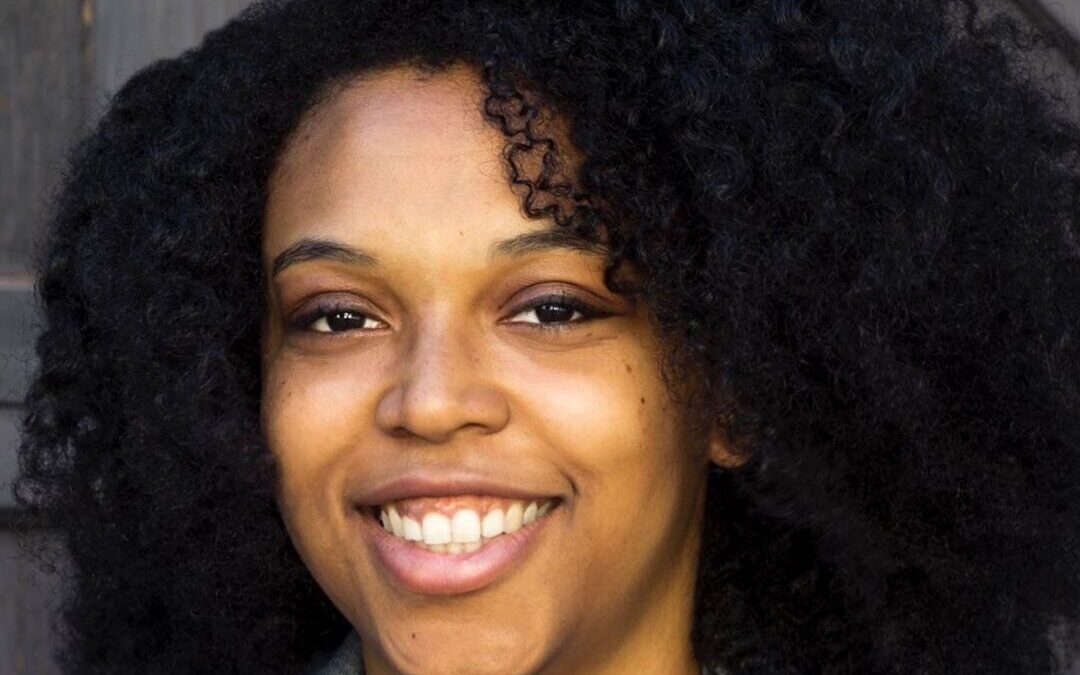
by Rebelle Summers | Nov 12, 2024 | Blog
In the small town of Blackclaw Valley, tourists flock to experience picturesque hiking trails and the historic family-owned shops to add some cozy charm and a little bit of magic to their lives. When that magic gets threatened and tourists start spotting wolves in the...
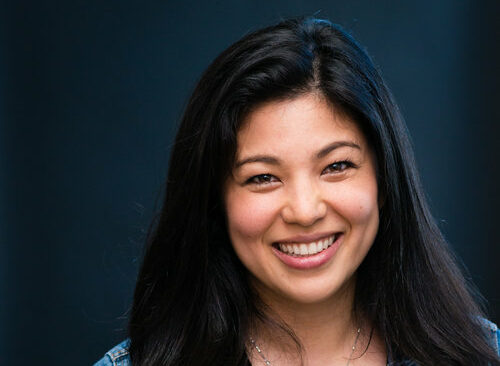
by Michele Kirichanskaya | May 22, 2024 | Blog
Maggie Tokuda-Hall has an MFA in creative writing from the University of San Francisco and a strong cake-decorating game. She is the author of the young adult novel The Mermaid, the Witch, and the Sea, an indie bestseller and recipient of the Northern California Book...
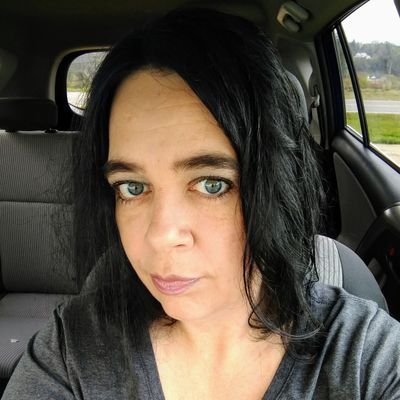
by Michele Kirichanskaya | Apr 13, 2024 | Blog
F.T. Lukens (they/them) is a New York Times bestselling author of YA speculative fiction including the novels Spell Bound, So This Is Ever After and In Deeper Waters (2022 ALA Rainbow Booklist; Junior Library Guild Selection) as well as other science fiction and...
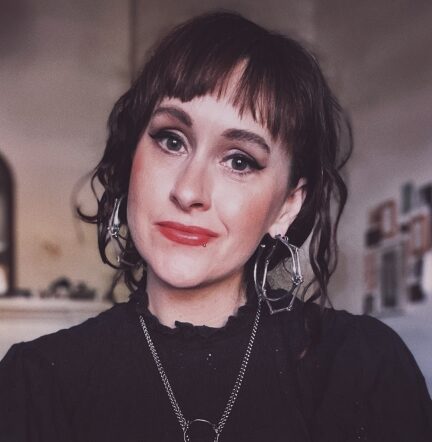
by Michele Kirichanskaya | Oct 13, 2023 | Blog
Lyndall Clipstone writes about monsters and the girls who like to kiss them. A former youth librarian who grew up running wild in the Barossa Ranges of South Australia, she currently lives in Adelaide, Australia, where she tends her own indoor secret garden. She is...






